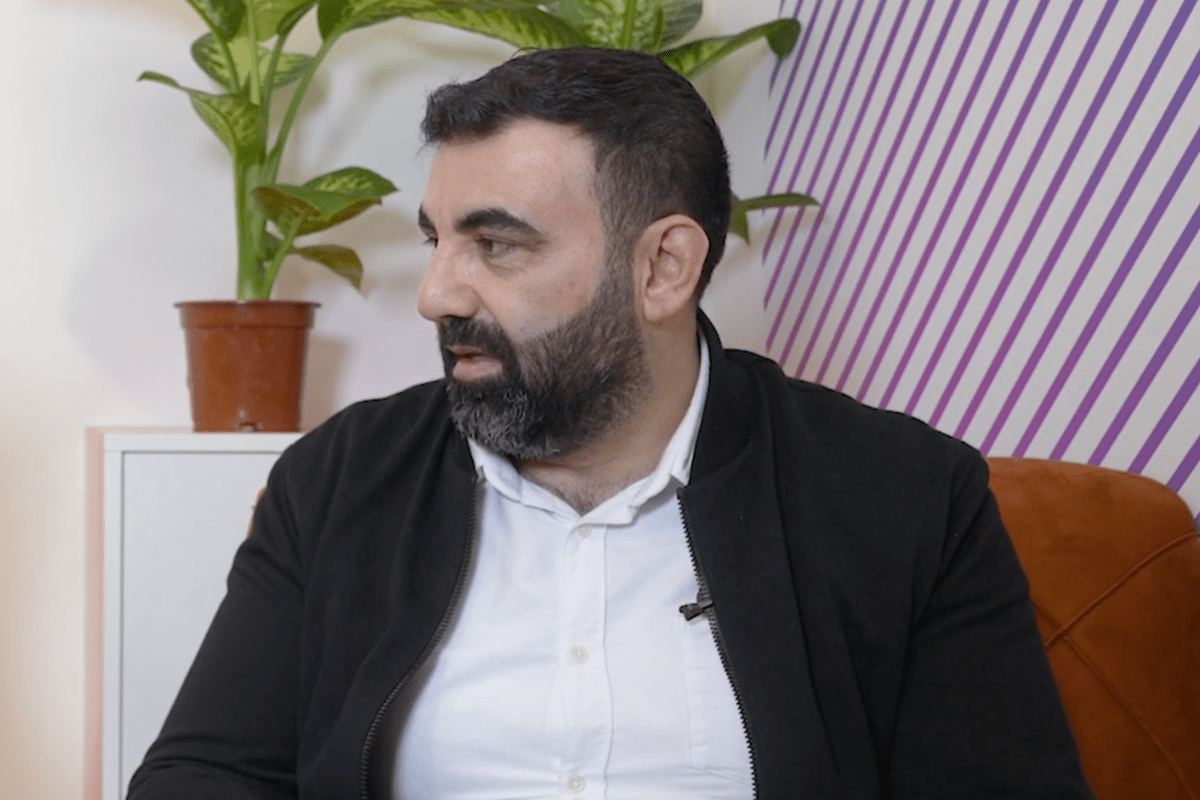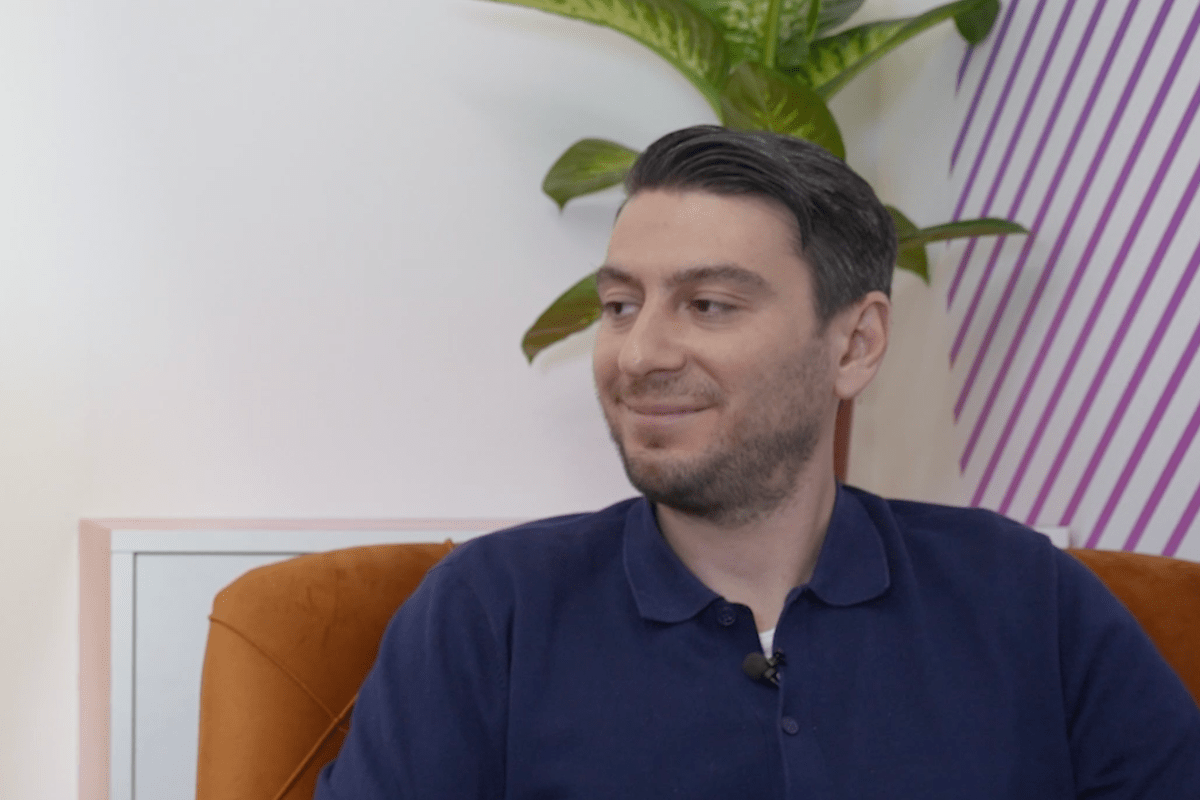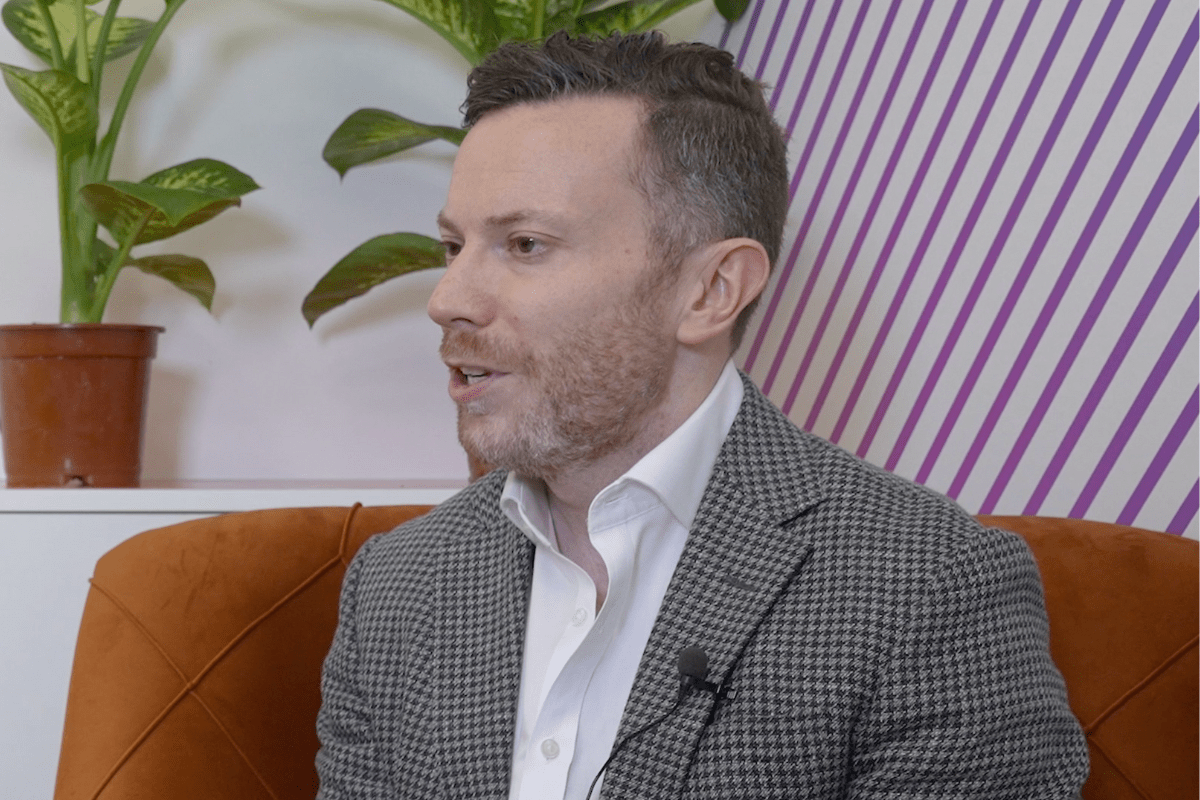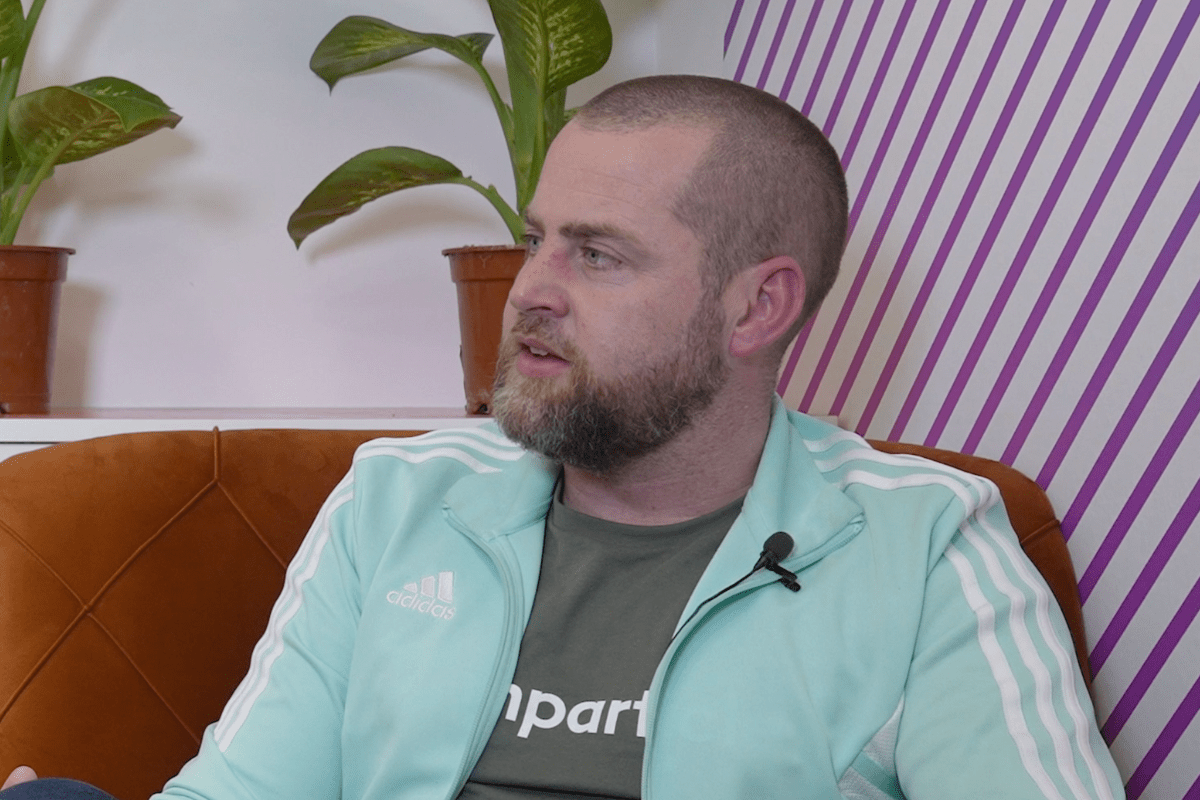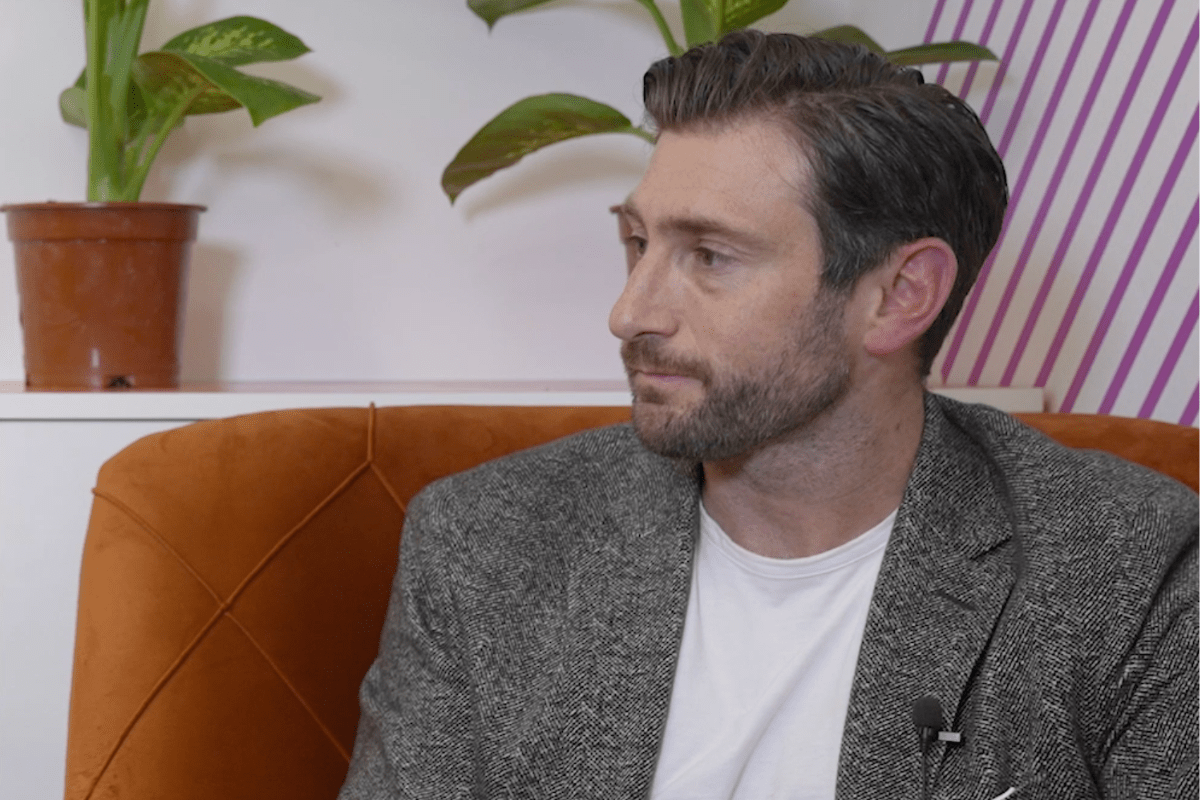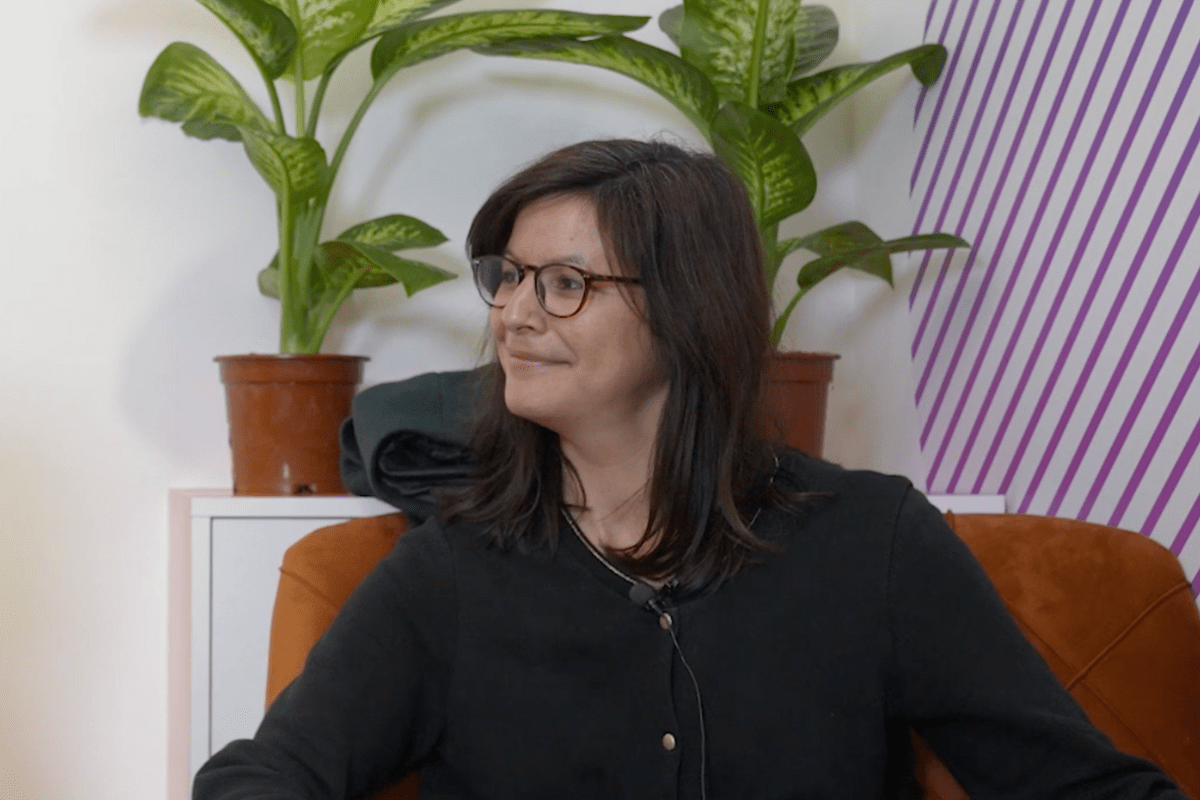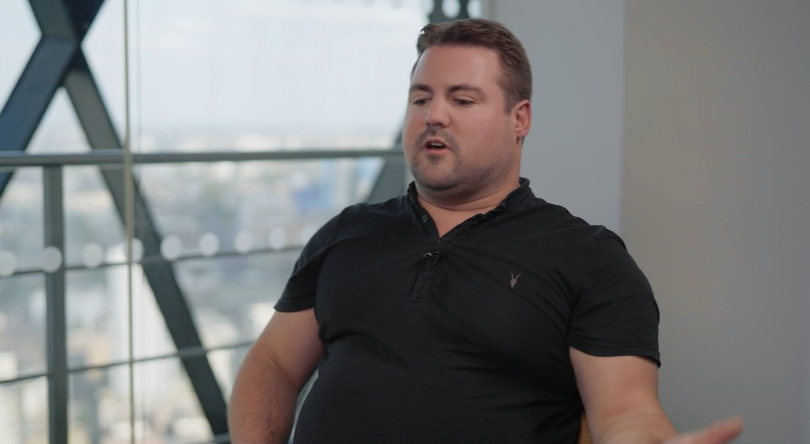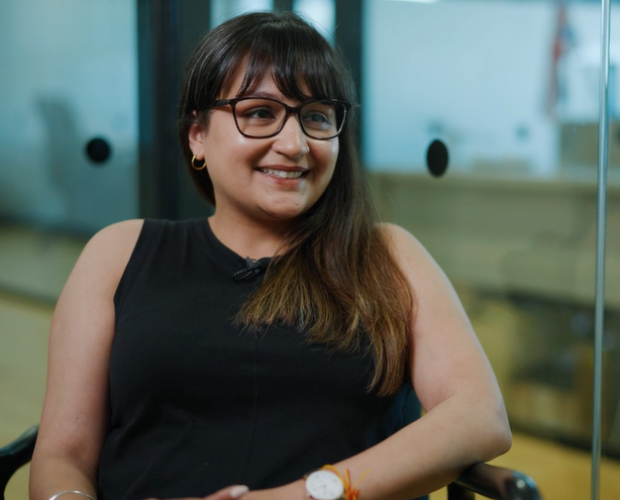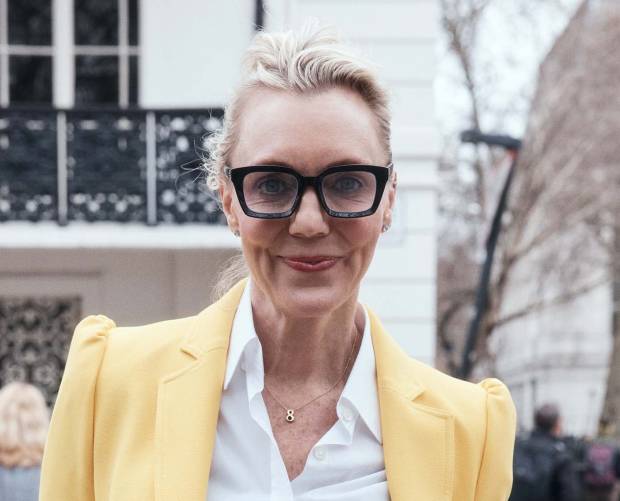Alyssa Clementi talks remote consultations and COVID care with Catherine Allan, Associate Director of CRM at Babylon Health.
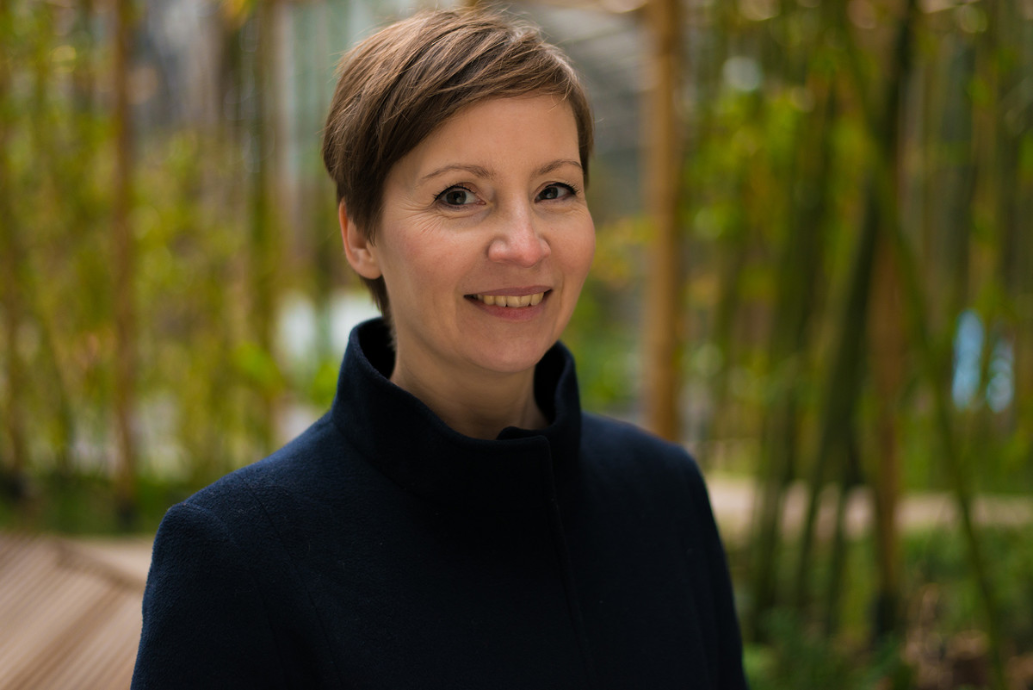 Babylon Health is a health tech company that provides digital consultations with doctors, pharmacists, nurses and psychotherapists via its app. The company launched in 2013, and has 170 global partners across the UK, US, Canada, APAC, Rwanda and Saudi Arabia.
Babylon Health is a health tech company that provides digital consultations with doctors, pharmacists, nurses and psychotherapists via its app. The company launched in 2013, and has 170 global partners across the UK, US, Canada, APAC, Rwanda and Saudi Arabia.
One of the most popular features of its app is a Healthcheck, in which users are asked questions about their health, diet, exercise, and any pre-existing conditions. Their answers are then compared to the current health stats for people in their country to benchmark the user against the population as a whole and then come up with specific recommendations for that person. So, it might be eat more fruit, drink more water, drink less alcohol, take more exercise, and it will also give the user an idea of how, if they take those actions, it might reduce their risk of specific health problems in the future.
“It’s a very popular feature, and it also builds up what we call a digital twin,” says Allan. “This is a kind of model of your body that will highlight any problem areas. You can spin it round and take a look at the different layers of your body like the skeleton, muscles or skin and to see what it looks like. So, it’s kind of a fun thing as well.”
COVID care
In response to the pandemic, Babylon launched a COVID Care Assistant feature within the app which includes a symptom checker and live chat, and also offers users advice on how to treat their condition. The app also prompts users to record their symptoms and temperature every day, so they can easily track whether they’re getting better or worse via a dashboard.
“There are also links to articles about how to self-isolate in a shared house; how to clean your house after you’ve finished isolating; how to wear a mask; when to wear a mask,” says Allan. “Lots of doctor-checked content there so that people aren’t Googling and trying to figure out what they should be doing, it’s actually just all there in a plan that you work your way through, so it’s super helpful for people in that way. There’s also a ‘Talk to a doctor’ button, so if you’re feeling worse and you need help, you just hit that to book an appointment and speak to someone pretty quickly. It gives people reassurance that help is there.”
Engaging content
Perhaps not surprisingly, appetite for this type of information has peaked in recent months. “As soon as the pandemic started, we knew that we needed to talk about it, because as a health company, we were in a unique position to actually be able to provide verified information that people could trust, that had been checked by a doctor. So, we started gathering lots of information, and used our tech partner Braze’s platform to quickly identify the right segments to send out which bits of information to, and then pumped it out to our users on email,” says Allan.
Working with its Braze, Babylon created an interactive campaign using AMP for email that drove users to the app. The campaign saw 56 per cent more clickthroughs and drove a 20 per cent increase in people completing Healthcheck for the duration of the campaign (Q1 2020), up from 42 per cent in the previous quarter.
“The frequency of the newsletters has dropped now,” says Allan. “For the first couple of weeks we were sending them daily, then we dropped to three a week and currently we’re sending one a week, but the open rates have been good, and we have had some really nice comments back from our members. One wrote in to say she couldn’t bear to watch the news, but that our newsletters were really helpful. It’s the first time I’ve ever been thanked for sending someone marketing in my life!”
Payment plans
To access the help and information available in the app, users either pay a monthly or annual fee for access to as many appointments as they need, or they can use it on a pay-as-you-go (per-appointment) basis. It is also available thought private healthcare partners such as BUPA in the UK and Mount Sinai in the US, who offer it to their own customers as part of their health insurance plan. And as Allan explains, there’s also a fourth option.
“The other alternative is that we actually have an NHS service available in London and Birmingham, so we are a doctor’s surgery as well,” she says. “So, if you join the NHS service, then we become your GP. You transfer all of your records to us and you either use us digitally, or you come to one of the offices we have in London and Birmingham for a face-to-face physical appointment if you need one.”
Remote consultations
And while it’s no great surprise that the app came into its own during lockdown, with many doctors’ surgeries closed or working to restricted opening hours, Allan believes that even when the world returns to normal, remote consultations are here to stay.
“We’ve found that over 80 per cent of consultations can be carried out remotely, and that makes them very useful now, because people don’t have to leave home, they can just do it without going anywhere,” she says. “And actually, it’s just hugely convenient as well. Instead of having to go to your doctor’s surgery and wait for 20 minutes, take time off work to get there, wait and then get back, you can actually just do it, find yourself a quiet corner and do it anywhere you like, so it’s just a better way of doing things. Plus, our appointments are just much more available. You can usually get one within two hours, so it’s a better experience for people.”





